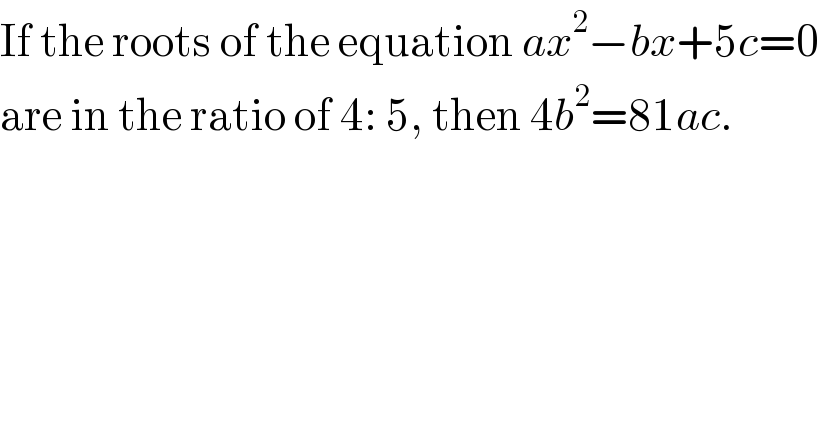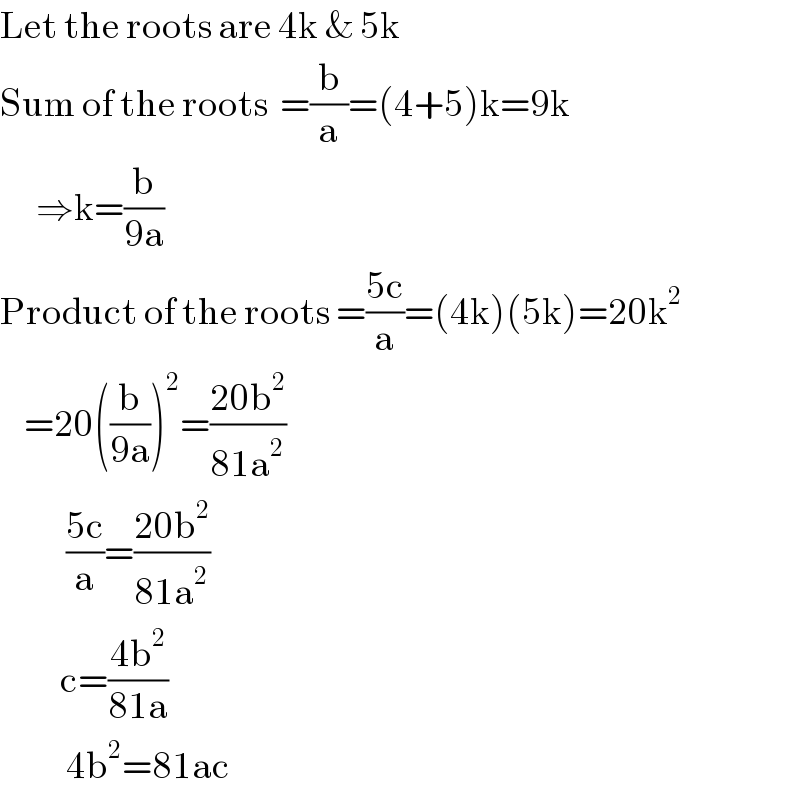
Question and Answers Forum
Question Number 30183 by Surajitzzz last updated on 17/Feb/18

Answered by Rasheed.Sindhi last updated on 18/Feb/18

| ||
Question and Answers Forum | ||
Question Number 30183 by Surajitzzz last updated on 17/Feb/18 | ||
 | ||
Answered by Rasheed.Sindhi last updated on 18/Feb/18 | ||
 | ||
| ||